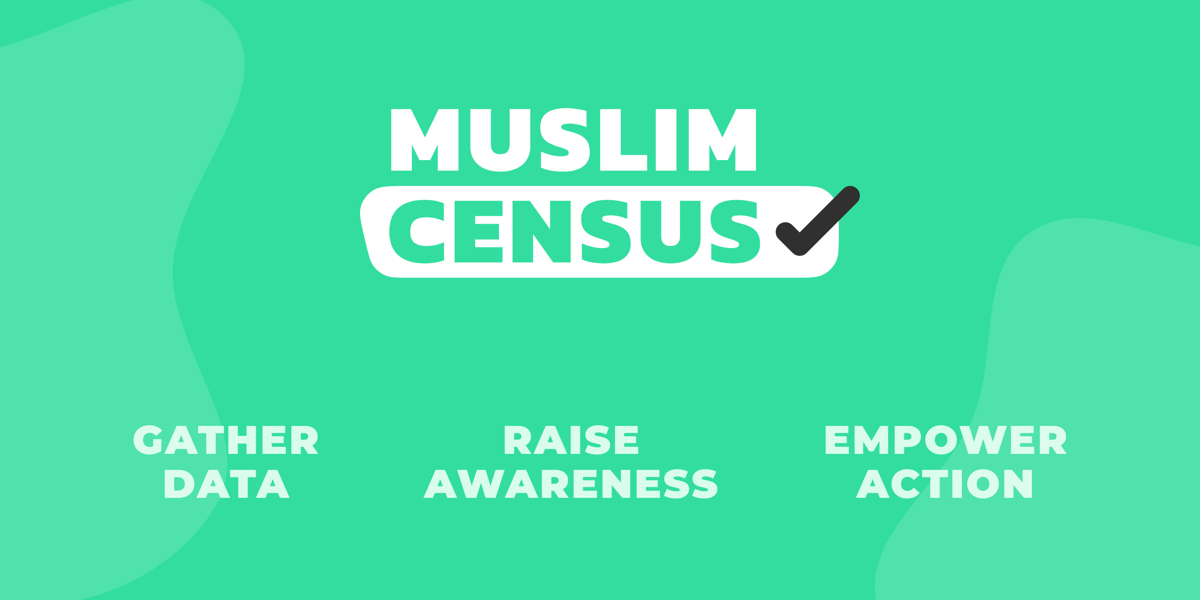AWARD YEAR
2023
CATEGORY
Community
GOALS
Zero Hunger
KEYWORDS
artificial intelligence, graph, biotechnology, agritech, machine learning
COUNTRY
United Kingdom
DESIGNED BY
Biographica LTD
WEBSITE
https://www.graphica.bio
Biographica
Computational platform to accelerate gene discovery in agriculture
How does it work?
The platform identifies novel gene targets associated with a trait of interest in a given crop (e.g. disease resistance in tomato). An identified gene target can then be edited to develop a crop variety with the trait of interest.
The platform comprises 3 key steps. First, all relevant data is collected and processed in a systematic and automated manner. This utilises machine learning for automated literature search, generation of state-of-the-art functional gene annotations and integration of publicly available genomics data.
Secondly, data is combined into a knowledge graph which incorporates genetic, physiological and terminal trait information.
Finally, graph machine learning is used to identify novel gene targets from the graph.
Why is it needed?
To feed a growing population, we need to produce more food in the next 50 years than in the previous 10,000 combined - and at a time when climate change is reducing crop productivity. Traditional plant breeding methods cannot deliver the yield increases we need, but gene-editing can.
However, to edit plant genes we must first work out which genes to edit. This process is called target identification and is highly inefficient, contributing to a failure rate of >95% for development of new crops and an R&D spend of $10B each year. With a growing number of gene-editing seed companies, comes a growing need for high quality, differentiated targets, identified in an efficient manner.
Biographica's platform meets this need - by using graph machine learning and protein knowledge graphs to increase the speed of target identification by 10X and introduce novel targets into seed R&D pipelines.
How does it improve life?
We are facing an agricultural crisis. We need a 57% increase in crop yields to meet projected global consumption in 2050, but current trends show yield increases are set to increase by just 45%. Failing to meet a 57% yield increase will necessitate an increase of nearly 1M squared kilometres of agricultural land to meet demand, with disastrous consequences for the natural environment.
Plant gene-editing has potential to radically increase crop yields without increasing agricultural land use. Biographica's platform reduces time and resource barriers to gene-editing of crops, thus unlocking the power of gene-editing to reduce world hunger in a sustainable manner.
Further, gene-edited plants can offer additional benefits for consumers and the planet such as improved nutritional content (e.g. higher protein content of soybean), increased nutrient use efficiency to reduce reliance on fertilisers and disease-resistance to reduce reliance on harmful pesticides.



